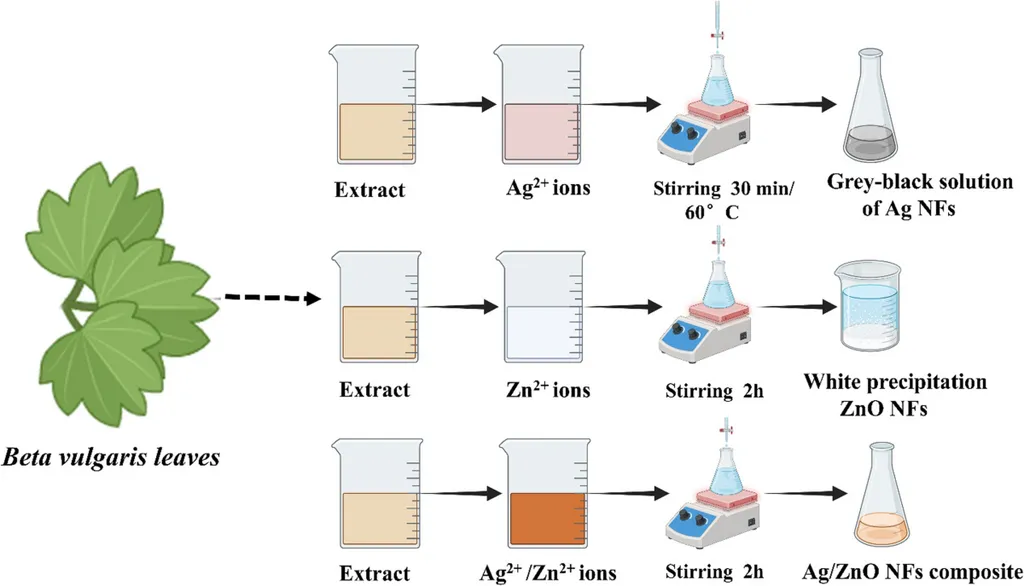In the heart of Egypt’s El Sadat City, a groundbreaking study is reshaping our understanding of sustainable agriculture. Researchers, led by Lamy Hamed from the Department of Environment and Agricultural Natural Resources at King Faisal University in Saudi Arabia, have unveiled a promising strategy to boost sugar beet yields while conserving precious resources. Their work, published in the journal ‘Plant, Soil and Environment’, combines nano-fertilisers with seed priming, offering a glimpse into the future of climate-smart farming.
The study, conducted over two seasons, explored the synergistic effects of nano-fertilisers and seed priming on sugar beet (Beta vulgaris L.) growth and yield. Five fertilisation regimes were tested, ranging from conventional to fully nano-formulated, under both primed and unprimed seed treatments. The results were striking. The integration of nano-fertilisers with seed priming significantly enhanced sugar yield, reaching up to 36.1 tonnes per hectare, and increased sucrose content to 20.35%. Moreover, nitrogen use efficiency soared to 55.1 kg sugar per kg of nitrogen, a testament to the precision and effectiveness of these innovative inputs.
“Nano-fertilisers offer a controlled release of nutrients, ensuring that plants receive what they need, when they need it,” explains Hamed. “When combined with seed priming, which kickstarts the germination process, the results are truly remarkable. We’re seeing not just improved yields, but also better nutrient retention in the soil, which is crucial for long-term sustainability.”
The commercial implications of this research are substantial. For farmers, the potential to increase yields while reducing input costs and environmental impact is a game-changer. “This approach supports climate-smart agriculture by optimising nutrient input, reducing losses, and improving soil sustainability,” Hamed notes. “It’s a win-win for both producers and the environment.”
The study’s findings also shed light on the broader potential of nano-agronomic inputs. As climate change continues to pose challenges to global food security, innovative solutions like these are more important than ever. “Our research highlights the potential of nano-agronomic inputs to contribute to global food security under conditions of climate change,” Hamed states. “This is just the beginning. The future of agriculture lies in these kinds of smart, sustainable practices.”
The study’s focus on nutrient dynamics and soil health resonates with current trends in sustainable cropping. By enhancing nutrient retention and reducing losses, this approach not only boosts immediate yields but also ensures the long-term productivity of the land. This dual benefit is crucial for farmers looking to balance short-term gains with long-term sustainability.
As the agriculture sector grapples with the challenges of climate change and resource depletion, the integration of nano-fertilisers and seed priming offers a beacon of hope. This research not only advances our understanding of sustainable practices but also paves the way for future innovations in the field. With the potential to revolutionise farming practices, this study is a significant step towards a more sustainable and food-secure future.

